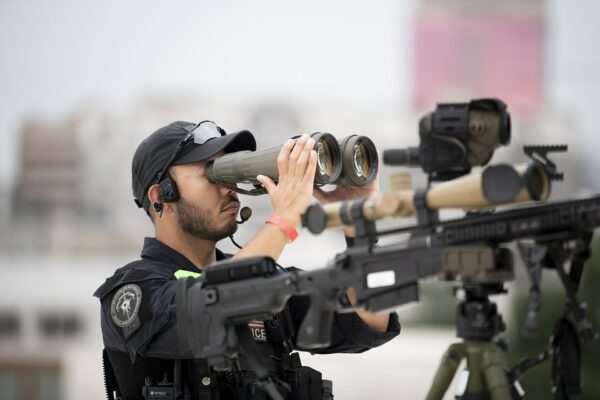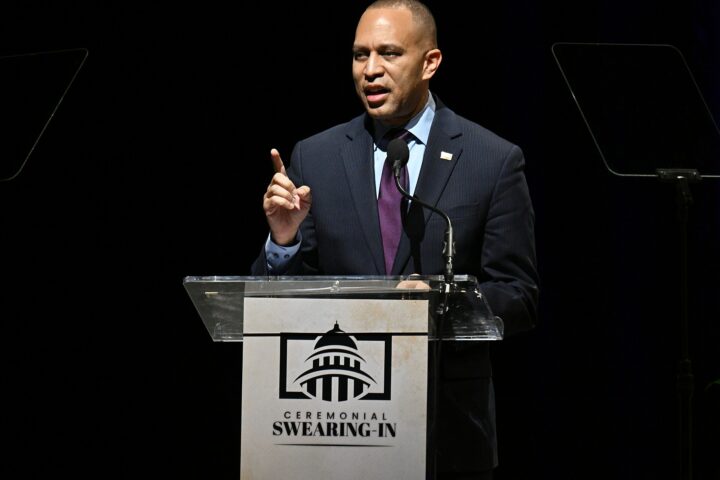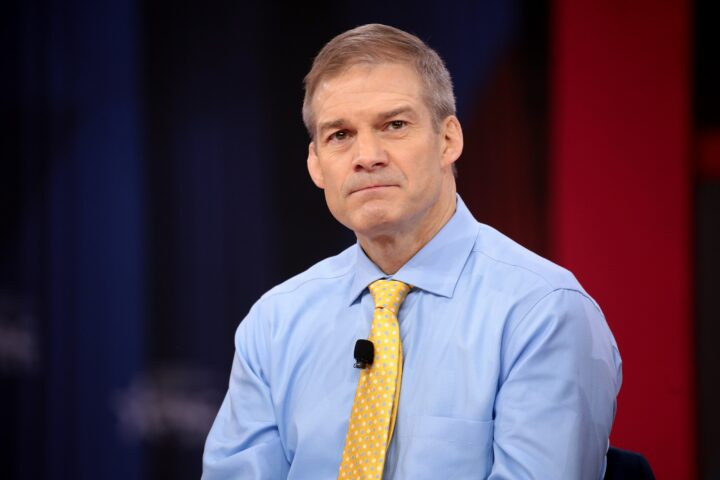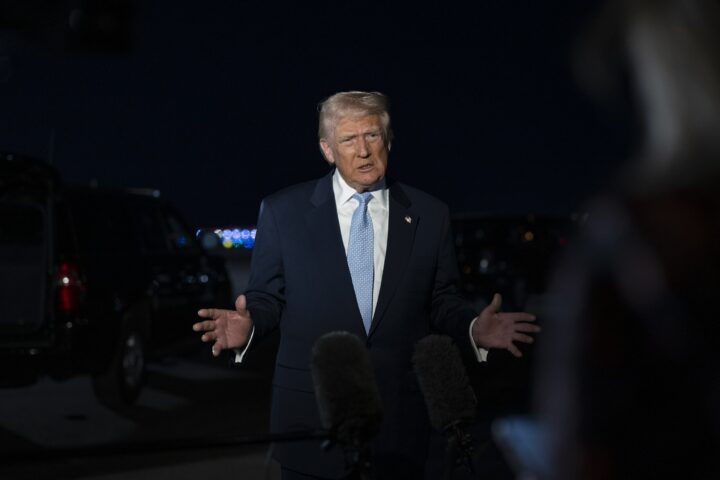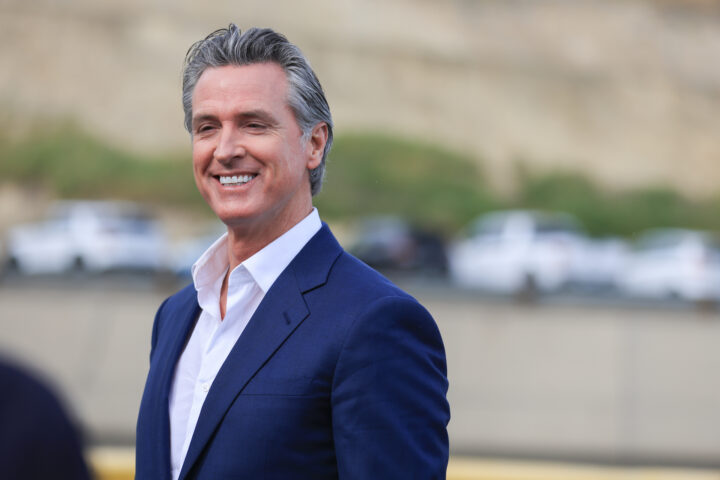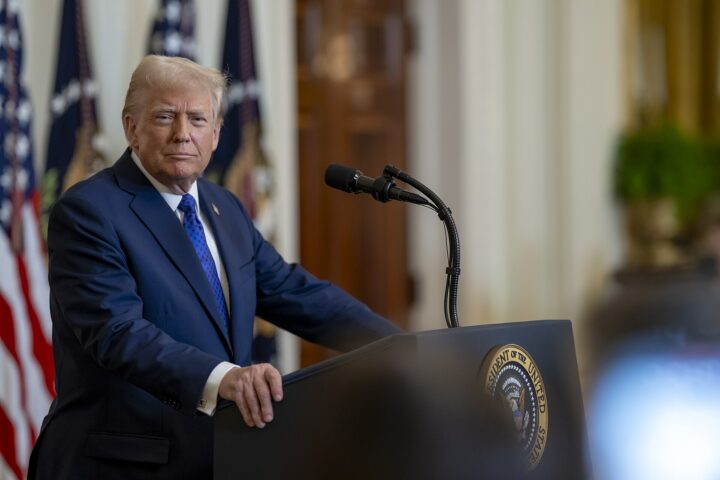The U.S. Secret Service announced on Wednesday that it has suspended six agents without pay for periods ranging from 10 to 42 days in connection with significant security failures during the July 2024 assassination attempt on President Trump at a political rally in Butler, Pennsylvania.
The disciplinary action, confirmed by Deputy Director Matthew Quinn, strikes at the heart of a widely criticized incident in which a gunman fired multiple rounds from a rooftop at the Butler Farm Show grounds, grazing President Trump’s ear and fatally shooting firefighter Corey Comperatore.
Two others were wounded before a Secret Service counter-sniper team neutralized the threat.
Quinn described the case as an “operational failure” and emphasized that the suspensions follow established federal protocols.
The affected agents—which included both supervisors and field agents—were reassigned to restricted duties upon their return. “We aren’t going to fire our way out of this,” Quinn said, voicing the agency’s determination to address systemic vulnerabilities rather than simply punishing individuals.
He added that the Secret Service is now “laser-focused on fixing the root cause of the problem.”
The suspensions follow bipartisan investigations by both Congressional task forces and Senate committees, which painted a troubling portrait of compromised preparedness.
Reports cited breakdowns in planning, poor communication with local law enforcement, and technical issues such as faulty radios and inadequate aerial surveillance.
A December review described the rally as “preventable” and more than 57 pages in a final Senate report cataloged what were termed “preventable” gaps in security.
The fallout from the incident also claimed the position of then-Director Kimberly Cheatle, who resigned shortly after acknowledging that the episode was “the most significant operational failure of the Secret Service in decades.”
In the aftermath, the agency has implemented a suite of reforms designed to bolster its security posture.
These include the deployment of military-grade drones, mobile communications centers intended to improve coordination with local authorities, and enhanced training protocols for event risk assessment.
The ripple effects of the Butler incident extend beyond the barricades of the rally itself.
Security experts argue that the Secret Service faces mounting pressure to overhaul its training regimes and risk-management procedures—efforts compounded by a separate, unsuccessful assassination attempt at a Trump event in Florida.
But for the family of the slain firefighter, and the wounded spectators, the suspensions are only a first step toward accountability.
Senator Josh Hawley, citing whistleblowers, criticized the rushed and commentators agreed that the response framework has yet to meet even basic protective standards.
As the Secret Service seeks to restore its reputation, lawmakers have warned that these reforms must extend beyond technology and structure.
Congress has pledged oversight to ensure changes aren’t merely superficial—and that the agency can uphold its mandate to protect the president as it faces an increasingly volatile political landscape.
[READ MORE: Biden’s Doctor Attempts to Avoid Testifying By Invoking Patient-Doctor Privilege]

